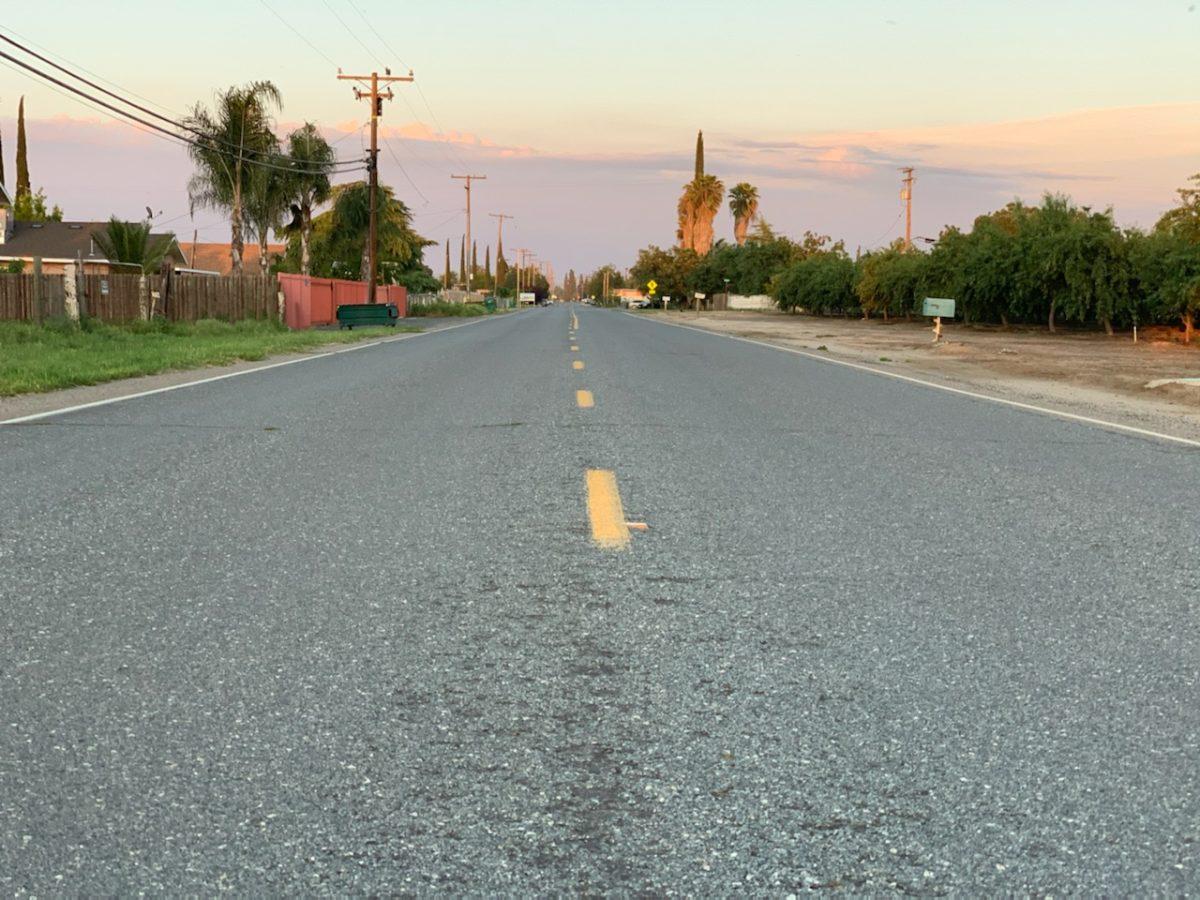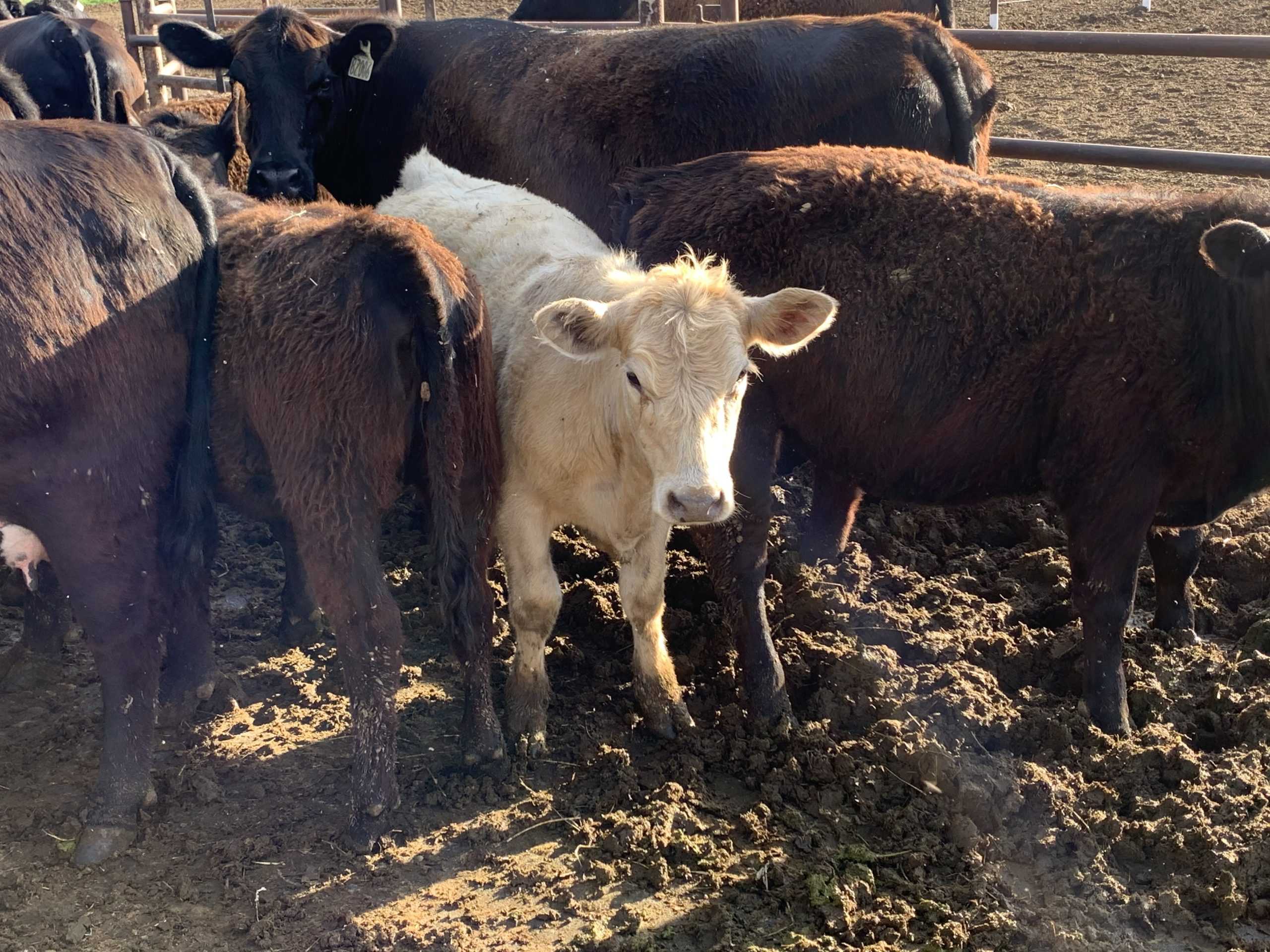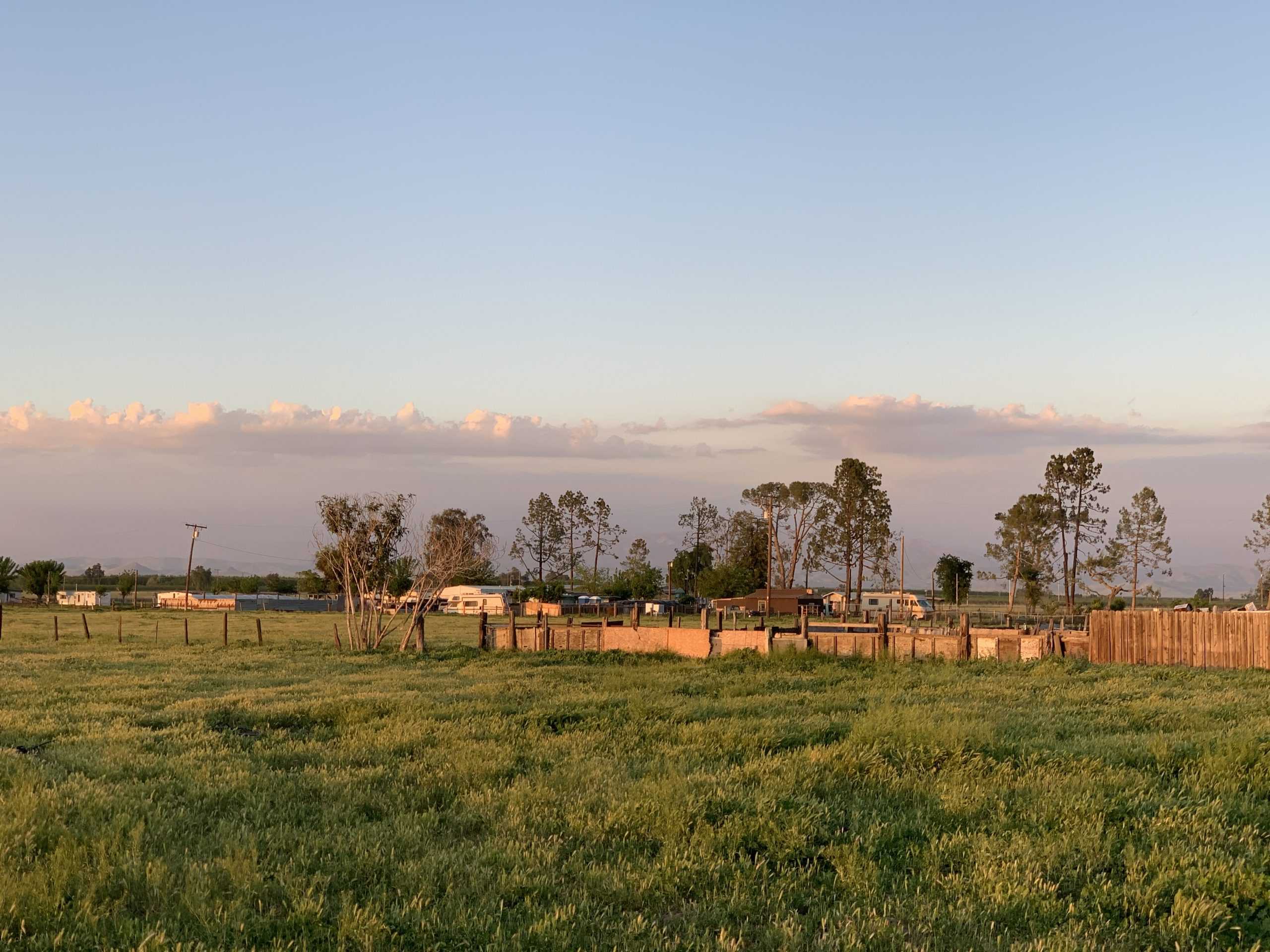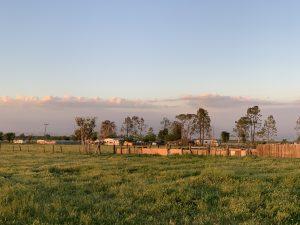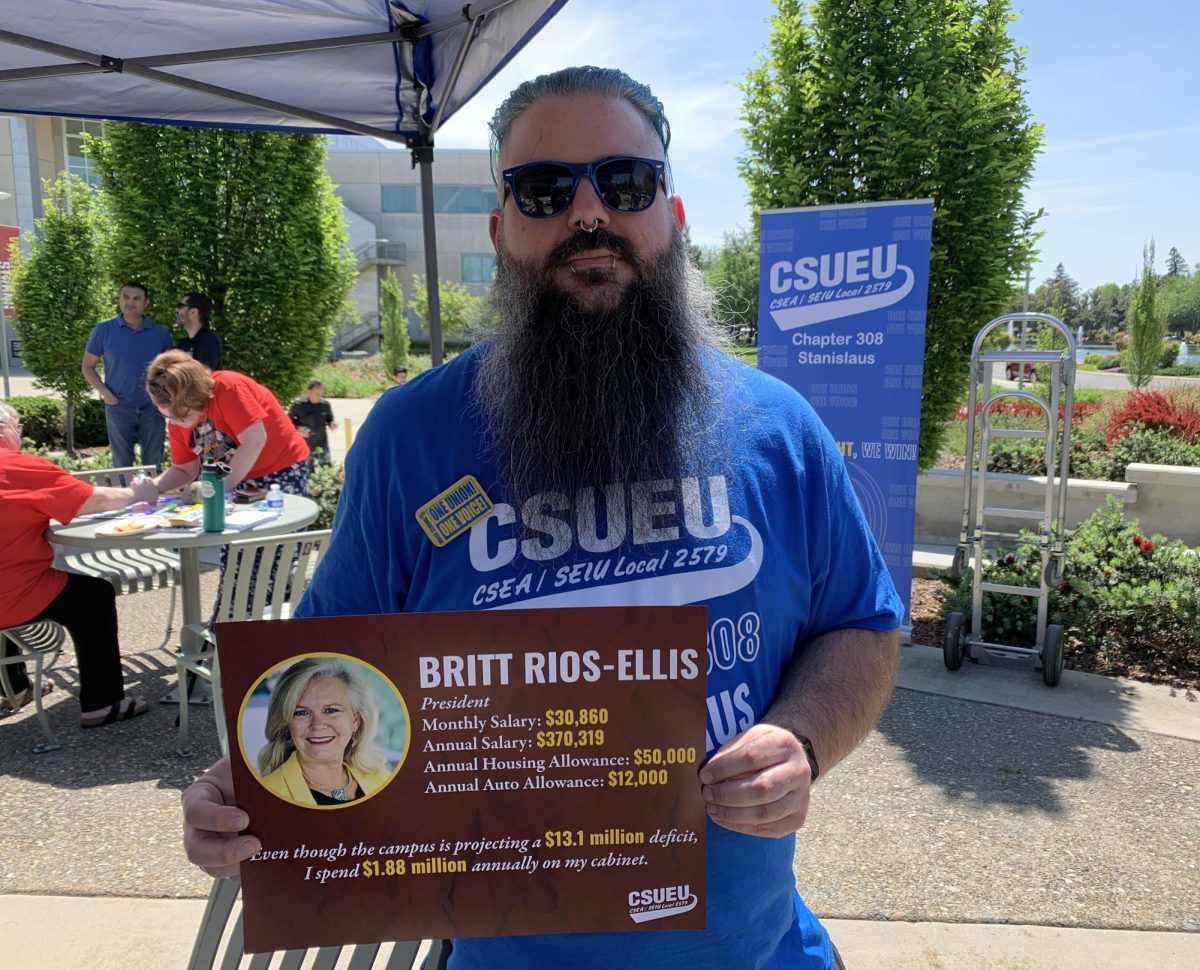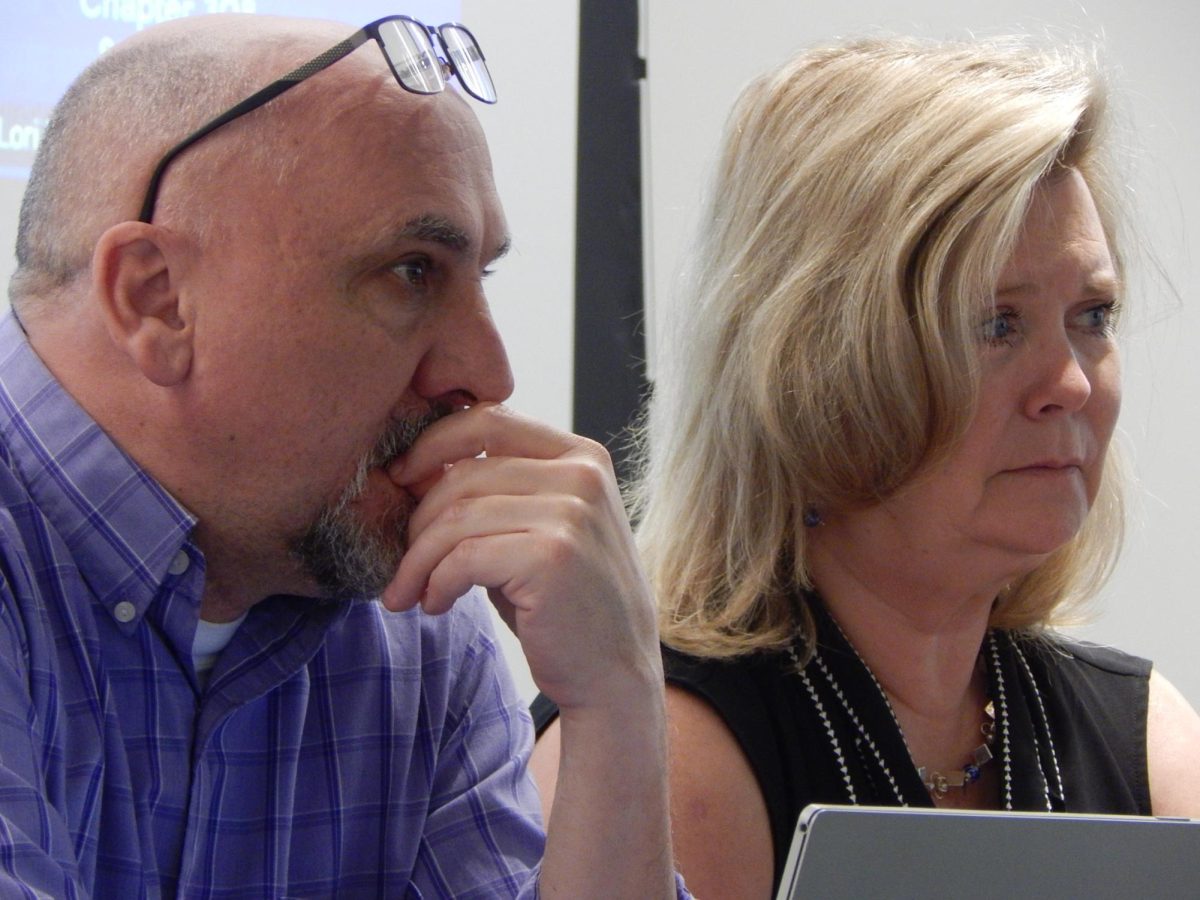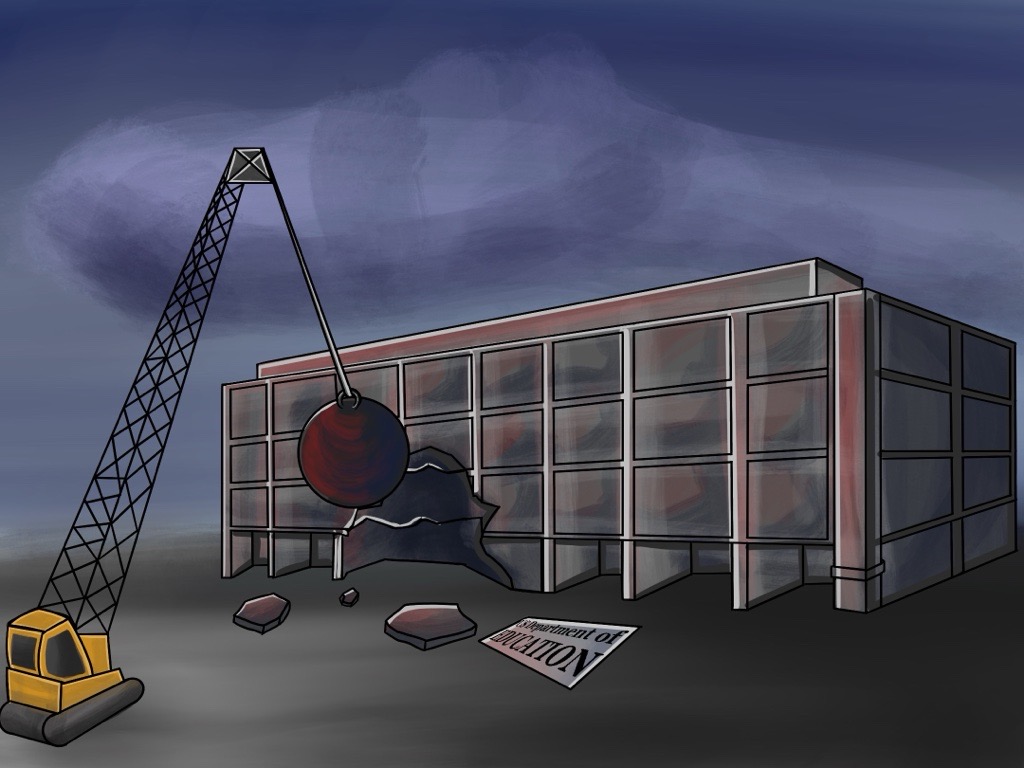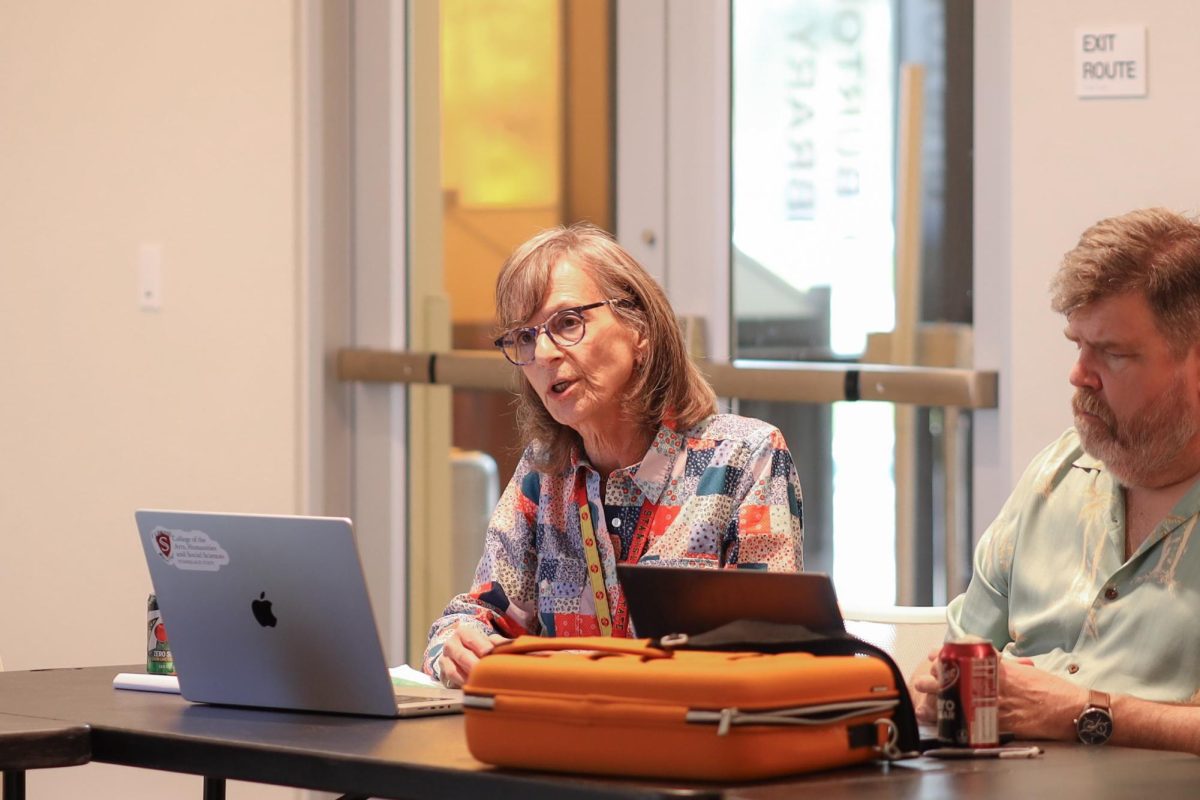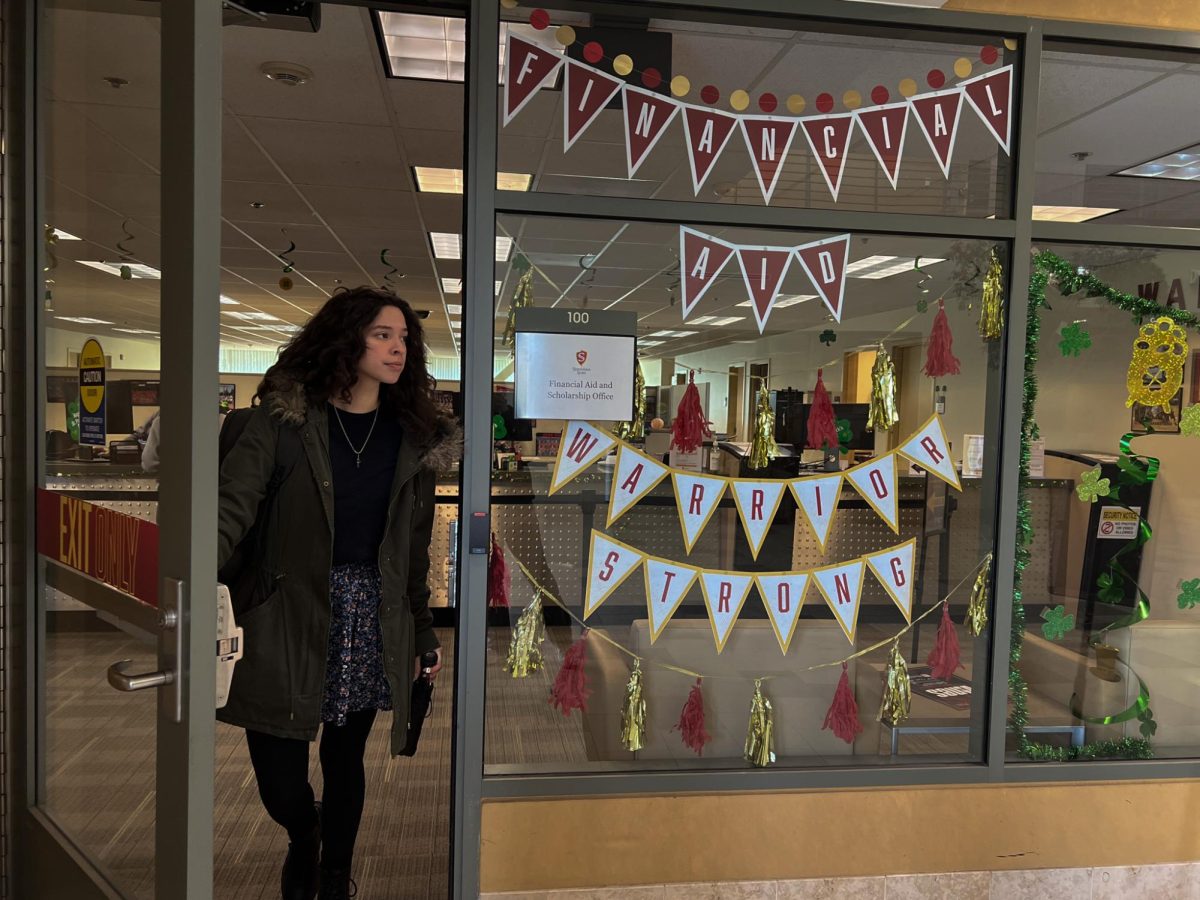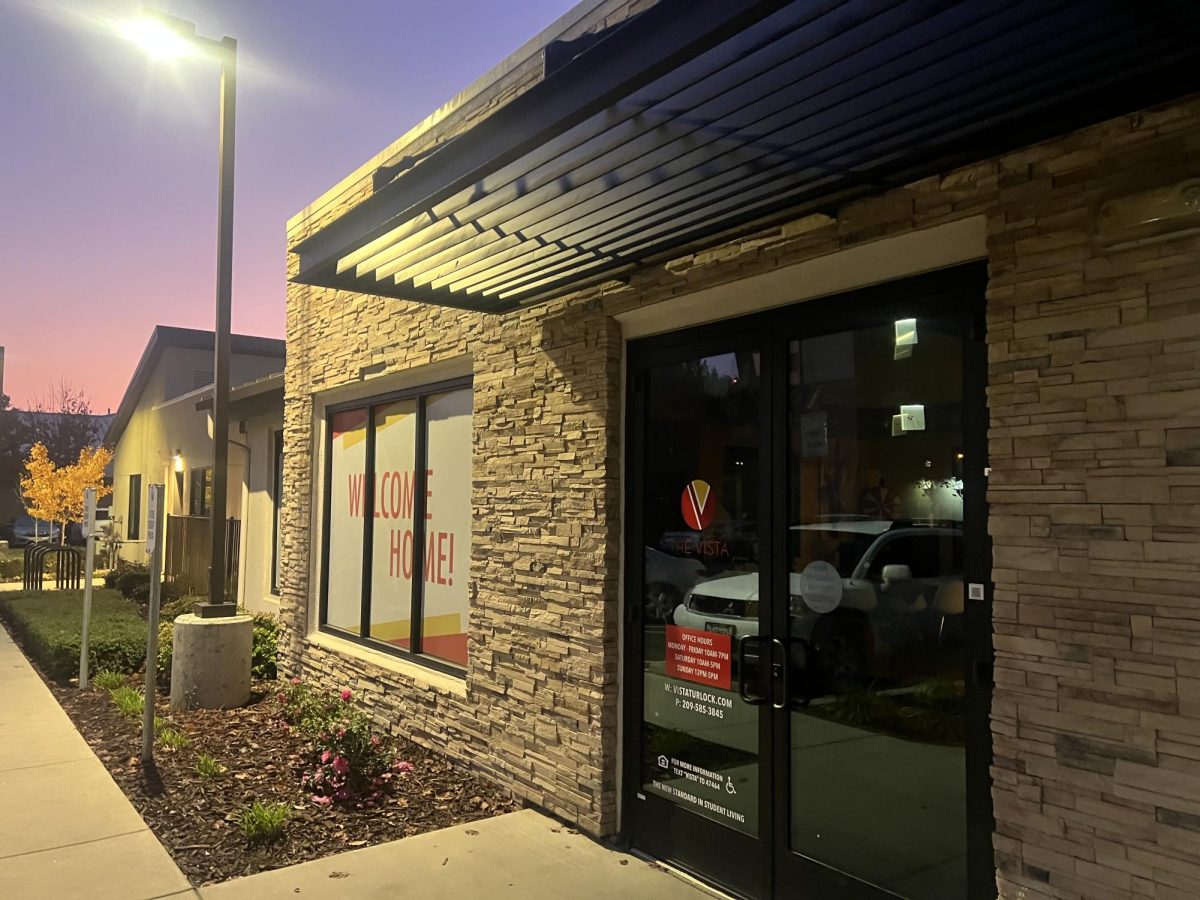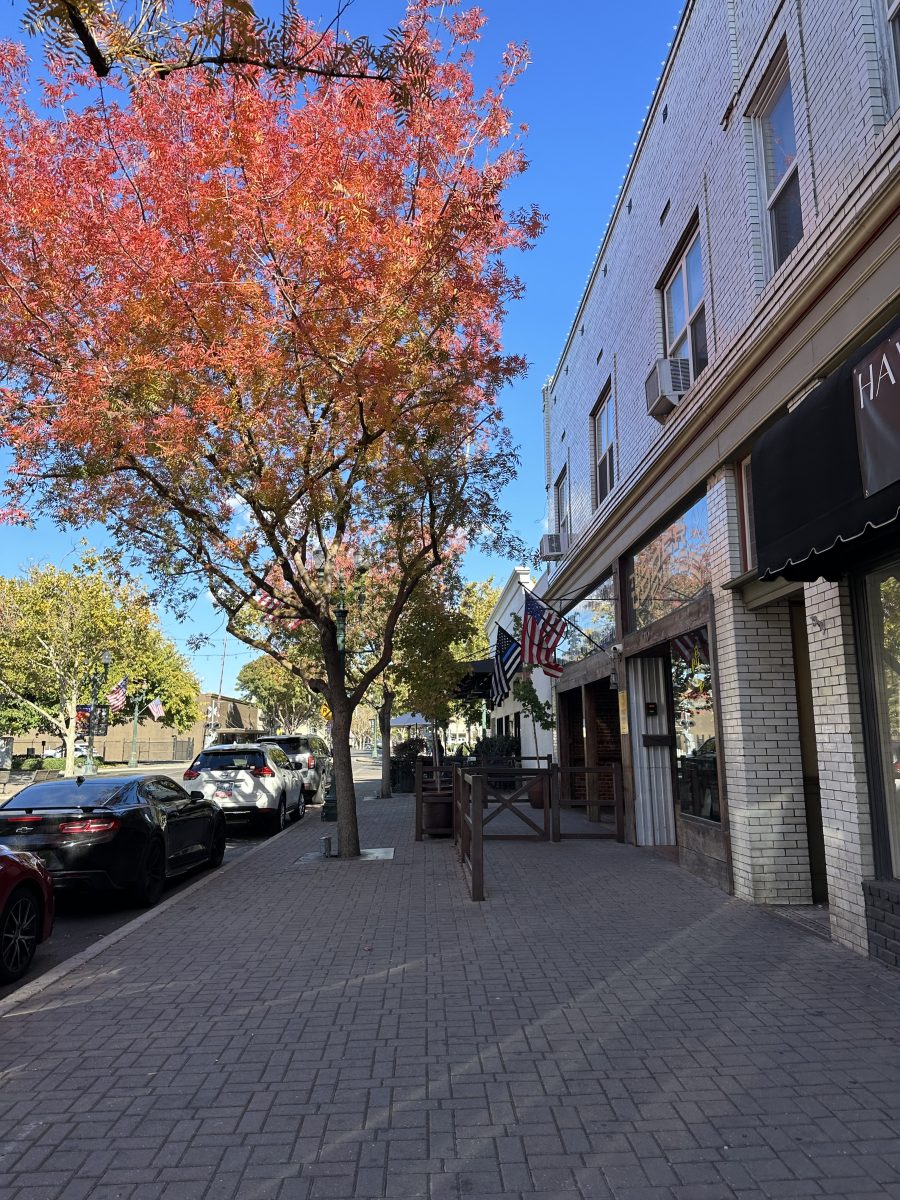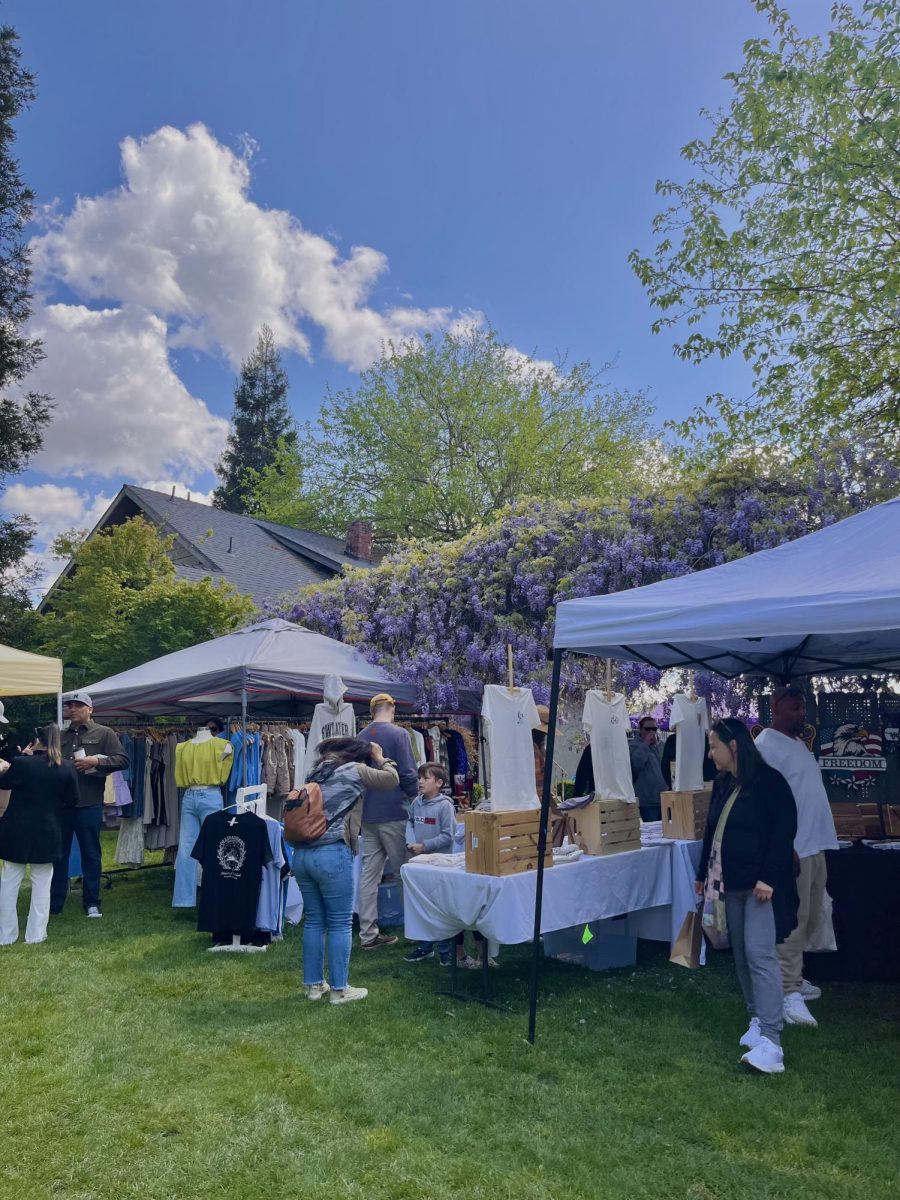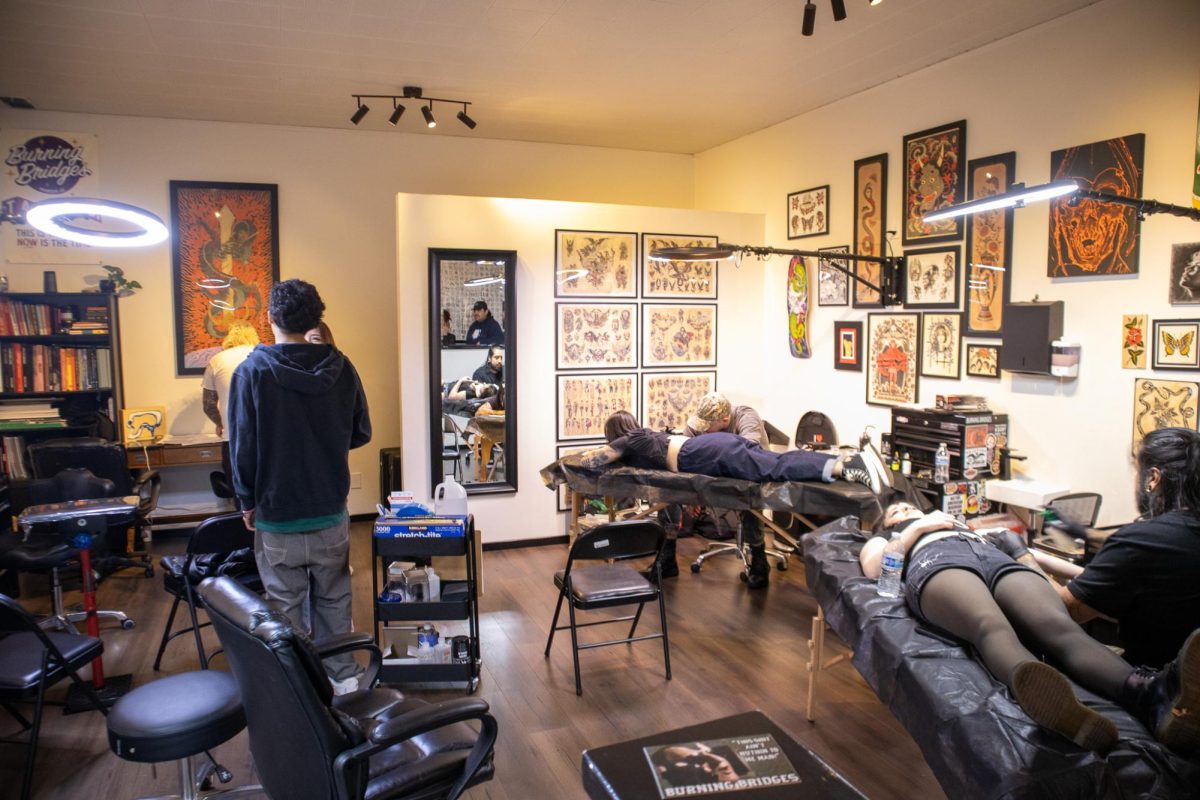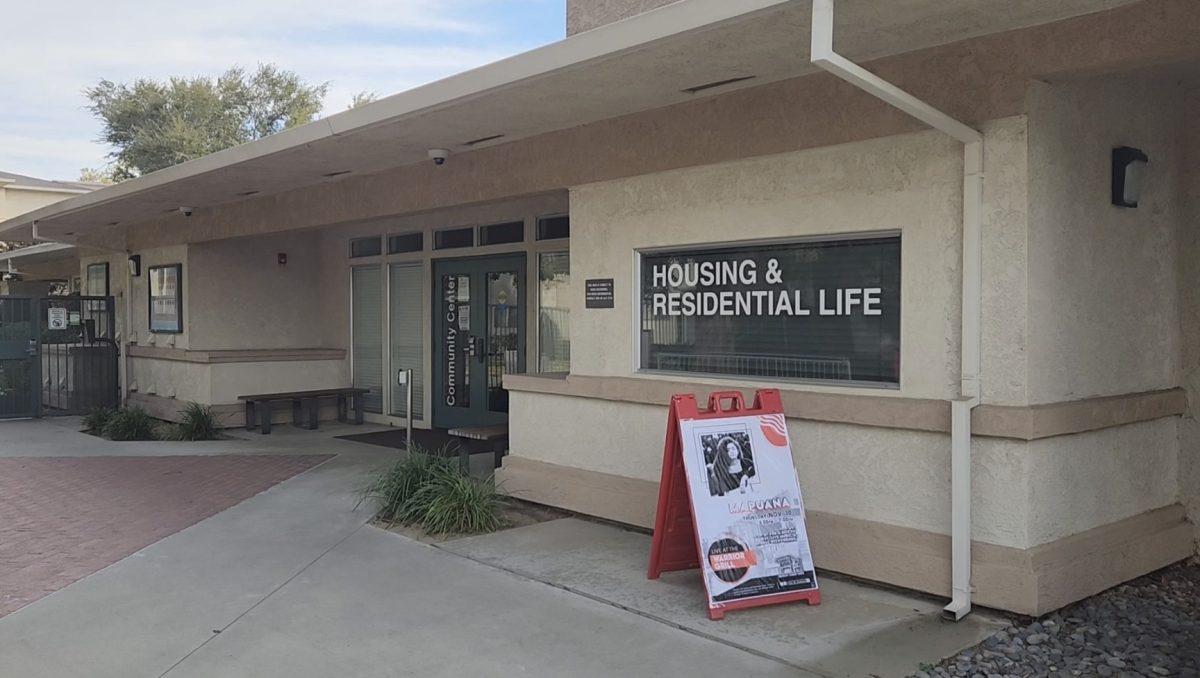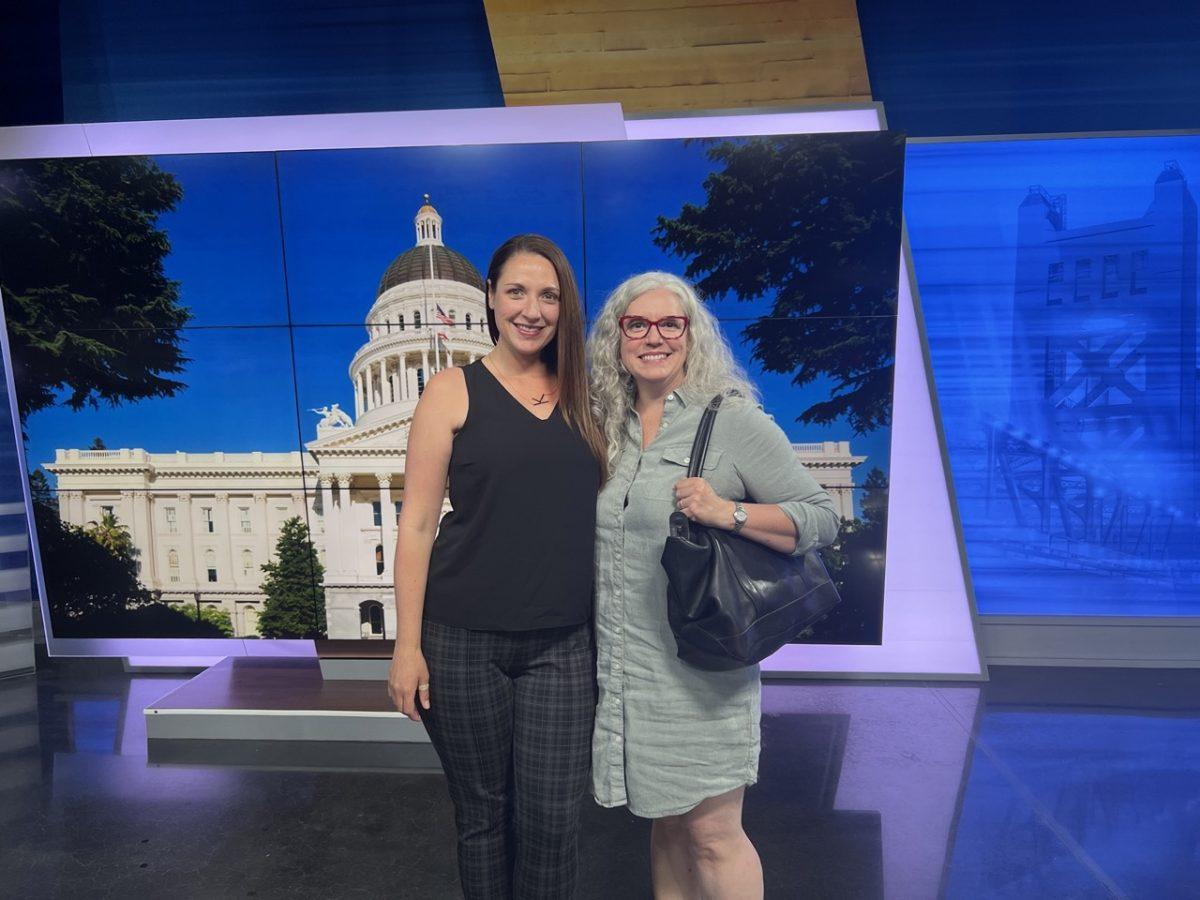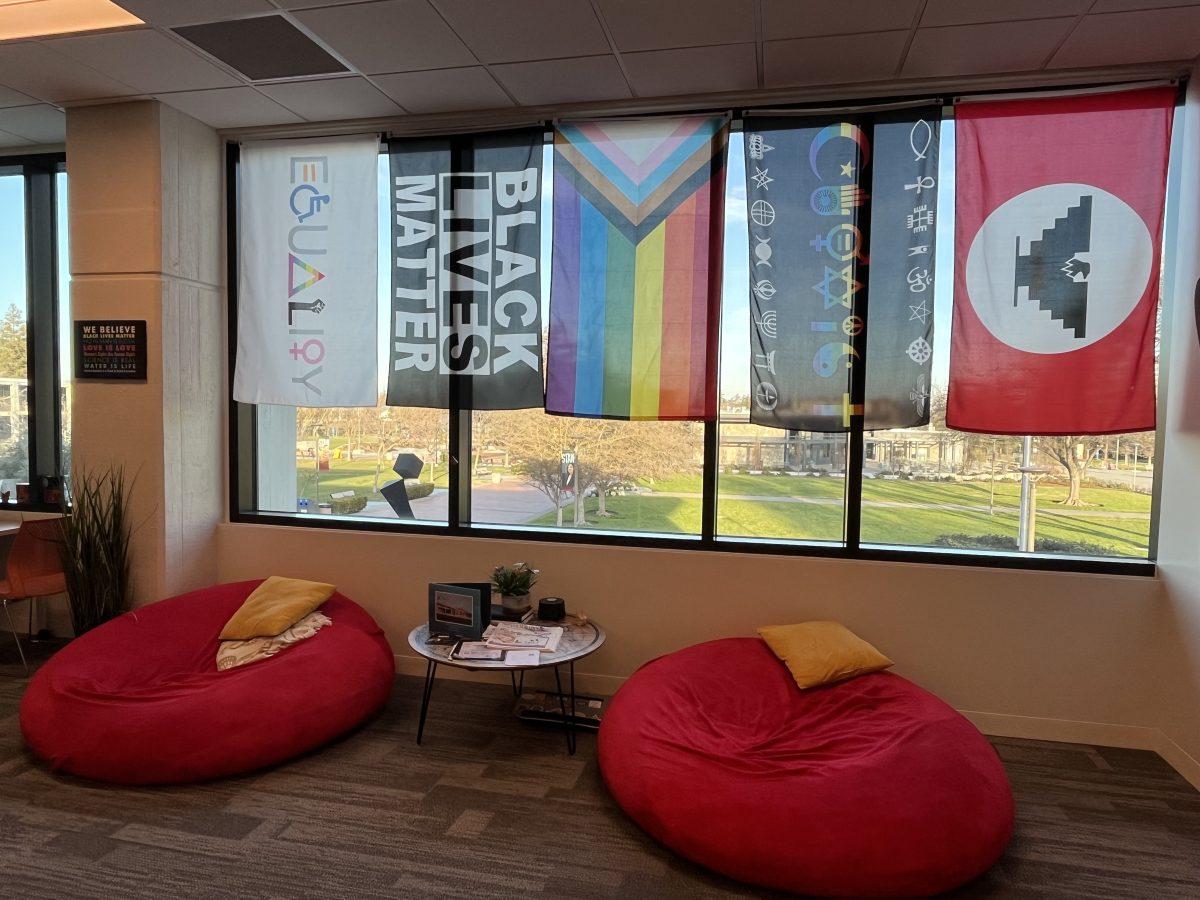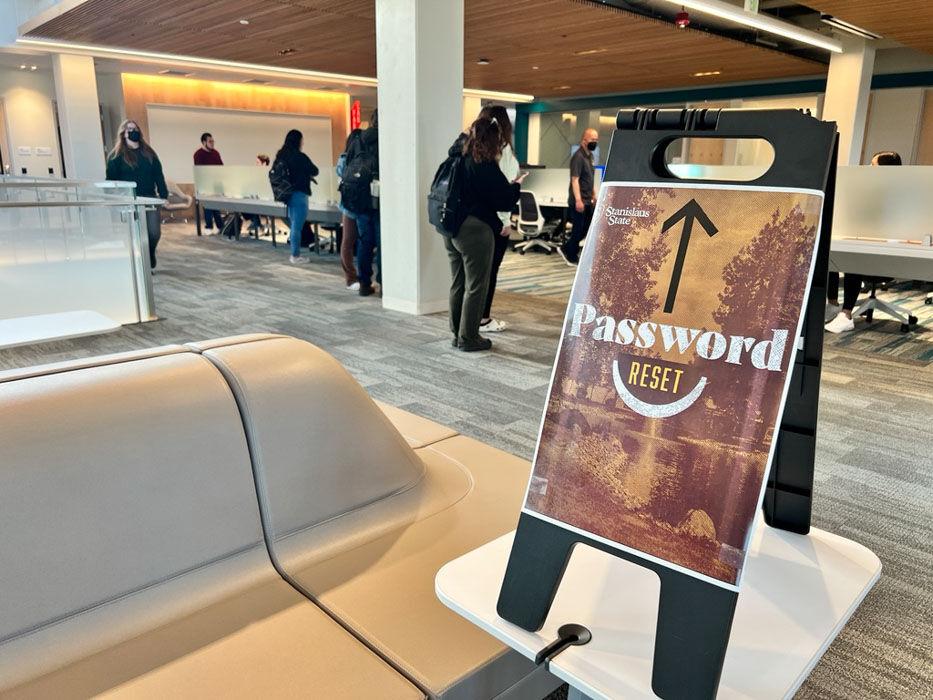Life during the coronavirus pandemic can be hard, especially for college students. Students have been forced to transition to online classes, attend Zoom seminars and learn material mostly on their own. Having to learn from home is already hard and stressful for many as it is, but what about those who don’t even have access to the material because of their lack of internet access?
This is the case for many students who live out in the country.
Living out in the country can be a beautiful experience. During this pandemic, who wouldn’t want to be surrounded by adorable farm animals, the peacefulness of nature, and the complete and utter solitude that ensures you and your loved ones’ safety during the pandemic. Life out there seems perfect, but it comes with a price.
I first moved to the country when I was five years old, so I don’t really recall the transition from city life to country life. In fact, country life is the only thing I’ve ever really known up until recently.
I was lucky enough to never really need the internet growing up. I went to a really poor elementary and middle school, specifically for country kids. The school knew we couldn’t afford satellite internet, which for a long time was the only internet available for country kids, so they taught us the old fashion way, with workbooks and tagged up textbooks from the 1980’s.
Things changed in high school. I was now forced to do things online using Google Docs and Google Classroom. Still, that wasn’t a huge problem. I would spend my mornings, breaks and lunches at the library working on assignments, or I would simply go to Starbucks after school. The internet was never really a problem until now.
After high school, I moved away from home to attend Stan State. My first encounter with internet difficulties came my first semester when I tried to use my slow, at-home wifi to do a quiz. Upon answering one question, I got bounced off of Blackboard and earned a zero.
After that incident, whenever I was back home, I would simply drive 30 minutes into town to do any assignments, quizzes and tests at a local Starbucks.
Today, I am back home again due to the pandemic. Starbucks is closed, so I can’t use their wifi.
At first, it was extremely difficult to do anything, until I developed a system. Every week or so, I drive 2.5 hours up north from Tulare to Turlock and stay for a couple days with my little sister at my apartment. At my apartment, we do all the work we are behind on and all future work we can do in the span of a week.
Some of you may ask, “Well why don’t you just stay in Turlock for the duration of the semester?” The answer is simple: I cannot afford it.
The gas, plus the expenses and food, all pile up and end up being impossible for me to afford to live there. Keep in mind, I am not just feeding myself but a growing teenager (my sister) as well.
This story is not specific only to me. There are so many Stan State students who are going through the same struggles as I am.
In fact, because of this, Stan State has tried their best to provide laptops and hotspots for students who don’t have access to the internet. Although supplies are first come first serve, Yesenia Maldonado (junior, Communications) was lucky enough to get a hotspot.
Maldonado lives out in the country as well. Before the pandemic, she would do her assignments and exams on campus or at a local Starbucks, but like me, she has been forced to adjust.
She claims that the hotspot works perfectly, but has a recommendation for campus officials. “The hotspot has been a great help. I wish they gave out hotspots each semester to students who don’t have access to wifi.”
If you are still in need of a hotspot, the registration link can be found here.
Sadly, hotspots don’t work everywhere. That is the case in my small community in Woodville.
How are small marginalized, poverty ridden communities handling the lack of internet access?
Just 15 minutes north of Woodville is another small community, Farmersville, which has made national headlines for their school, Outside Creek, being the only public school in California to keep its doors open.
The justification that Farmersville Principle Derrick Bravo has made is that the majority of his students qualify for free lunch subsidies and their parents are field workers. Living out in the country and being low-income means these parents simply cannot afford to pay for internet access.
The principle has taken it upon himself to keep the doors of Outside Creek open in order for these children to have access to internet hotspots and to continue their education.
The majority of the farmworkers continue to work and cannot afford to stay home and take care of their children or pay someone to take care of them.
Apart from that, the majority lack the education necessary to teach their own children the material or even understand it, as many farmworkers don’t even speak English.
The parents stress the need and value of education because they know how vital it is for success in this country.
Such is the case in my own family. I am a first-generation college student with uneducated parents who instilled the value of education in me and my siblings.
So yes, the trips are draining and exhausting and many times I question why I’m even doing all of this. What’s the purpose of doing all these assignments? Why drive almost three hours to watch hours of recorded Zoom seminars and then start a 10 page paper?
The reason is next to me in the passenger side of my car, my little sister. I’m her older sister, her role model. I have hope that maybe if she sees how much I struggle to do my own assignments, she’ll realize the value of education and become an amazing person with the educational resources needed to be whatever she wants to be in life.

